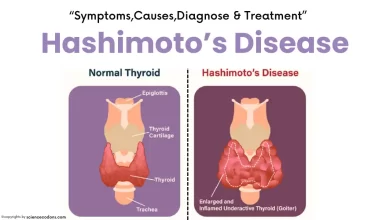Tea, chocolate, and coffee are the most common substances consumed worldwide. According to statistics, Switzerland’s average white, milk, and dark chocolate consumption is approximately 10 kilograms per year (equivalent to 25 grams per day).

Raw cocoa beans that have been processed are known as common cocoa. The processing stages for making cocoa from the plant’s seeds include fermentation, drying, roasting, winnowing, alkalization and conching (determining the unique taste, structure, and aroma).
Cocoa and its derivatives contain a wide range of plant chemicals or phytochemicals. Cocoa beans contain a small amount of caffeine (0.06-0.4 milligrams). Cocoa powder and then unsweetened chocolate have the highest amount of caffeine in this group. The amount of caffeine varies among dark chocolates (200-35 milligrams per 50 grams) and is less in milk chocolate (14 milligrams per 50 grams).
One of the types of “methylxanthine” in chocolate is “theobromine,” which mildly stimulates the central nervous system, unlike caffeine. Theobromine is more present in dark chocolate and cocoa powder than in milk chocolate. 50 grams of milk chocolate can contain about 75 milligrams of theobromine, and 50 grams of dark chocolate can contain up to 220 milligrams.
Cocoa also contains biogenic amines such as serotonin, tryptophan, phenylethylamine, tyrosine, tryptamine and tyramine. Monoamine oxidase (MAO) present in healthy individuals’ mucus of the intestine, liver, and kidneys metabolizes these compounds. In individuals with a deficiency of MAO, biogenic amines can cause headaches and increased blood pressure.
Recent studies show cocoa consumption’s positive and tremendous effects on promoting body health. A diet containing a balanced amount of cocoa and dark chocolate, including polyphenols, benefits human health and helps fight some diseases, including cardiovascular diseases.
In addition, cocoa can promote proper kidney, liver, and digestive system functioning and prevent diseases such as tuberculosis and gout.
Consumption of chocolate, especially dark chocolate, if in moderation, can positively affect the body; however, overconsumption of chocolate, especially sweet chocolate, due to sweeteners such as sugar, can increase energy intake. If this energy is not consumed, it can impact weight gain and other related diseases.
There is no definitive answer to the best time to eat dark chocolate, as it may depend on your personal preferences and lifestyle. However, some general guidelines suggest that eating dark chocolate in the afternoon, about 3 hours after lunch, can help satisfy your sweet tooth and avoid overeating later in the day. Eating dark chocolate in the morning as part of your breakfast may also have some benefits, such as boosting your energy and mood. However, you should avoid eating dark chocolate too close to bedtime, as it contains caffeine and theobromine, which can interfere with sleep quality.













